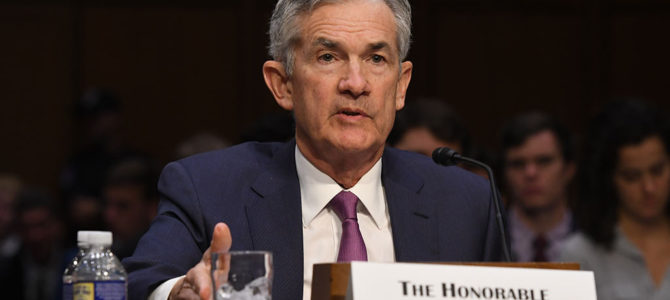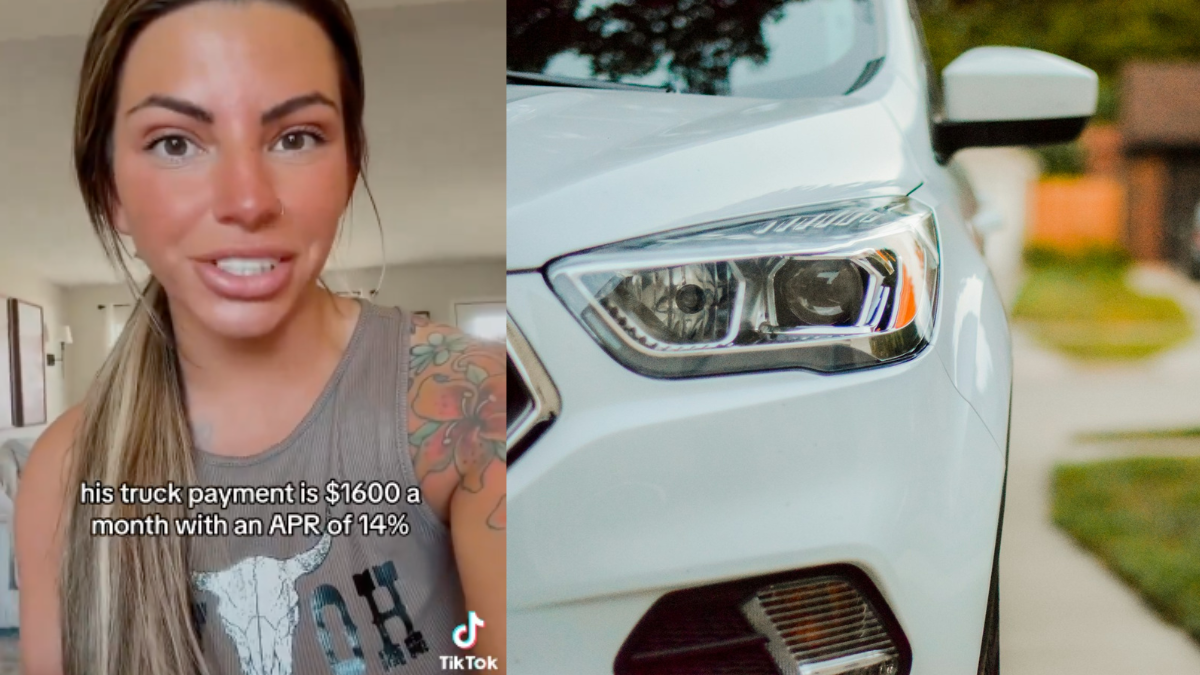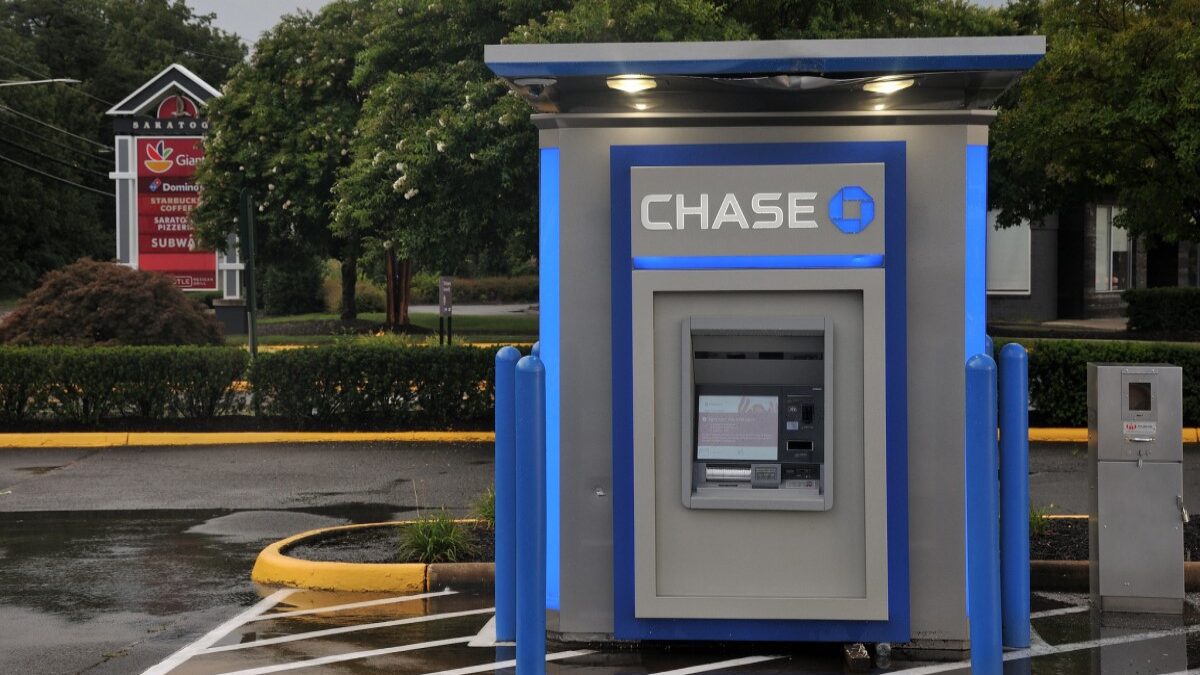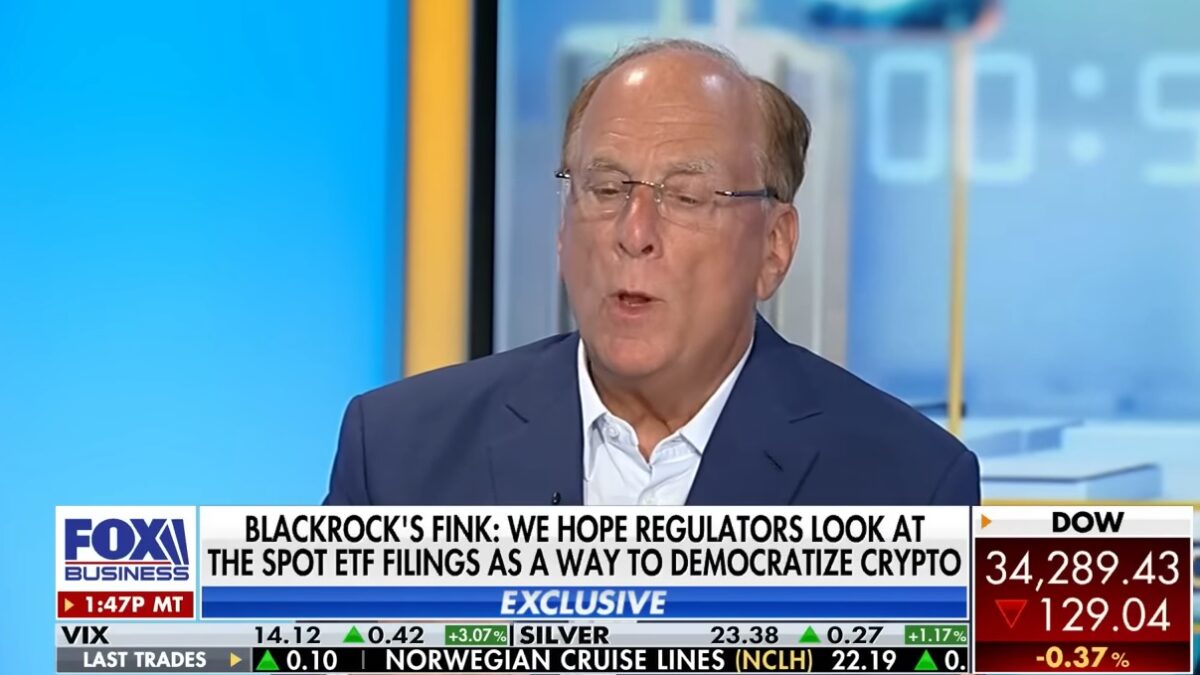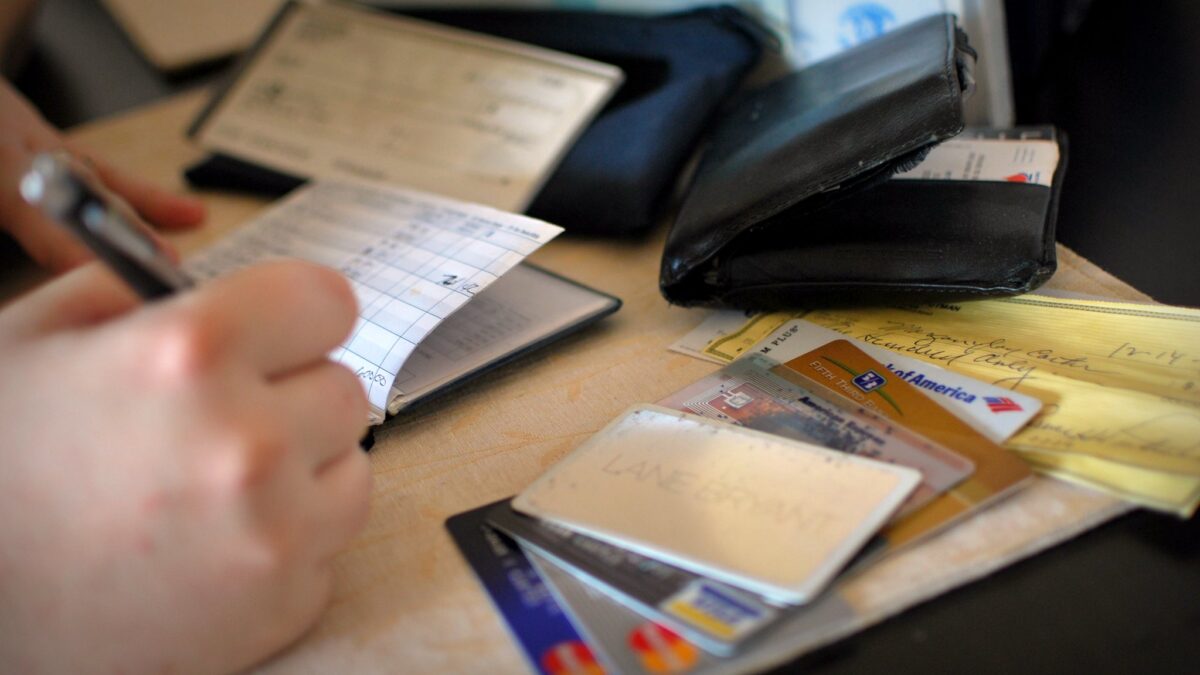The Federal Reserve declared Sunday that it will slash interest rates to zero percent for the first time since the 2008 financial crisis to provide stimulus to an economy struggling with the Wuhan virus pandemic.
The nation’s central bank stated in an emergency that it was “prepared to use its full range of tools” to keep the economy afloat and would engage in quantitative easing by making at least $700 billion in asset purchases.
“The actions we have announced today will help American families and businesses, and indeed, our entire economy weather this difficult period and will foster a more vigorous return to normal once the disruptions from the coronavirus abate,” said Federal Reserve Chairman Jerome Powell during a press conference.
The new fed funds rate is now targeted at 0 to 0.25 percent, which is down from is previous rate of 1 to 1.15 percent.
“We expect to maintain the rate at this level until we’re confident that the economy has weathered recent events and is on track to achieve our maximum employment and price stability goals,” said Powell.
The only person to vote no on the measure was Cleveland Federal Reserve President Loretta Mester, who has opposed interest rate cuts due to the virus. Mester, according to CNBC, favored a half-point reduction to 0.5 to 0.75 percent.
The emergency move comes as the Wuhan virus, which the World Health Organization has declared a global pandemic, continues to wreak havoc on the world economy, bringing nations to a standstill and cutting off travel between countries. As of this writing, more than 169,000 cases of the virus have been confirmed worldwide and nearly 4,000 have been in the United States.
The number of infected persons in the United States is undoubtedly higher, however, as there has been a severe shortage in test kits to identify cases. Globally, more than 6,500 have died from the virus, 42 of whom were in the United States.
On Saturday, the House of Representatives passed an unpaid economic bailout in response to the virus, with President Donald Trump’s endorsement. As Federalist senior editor Chris Bedford wrote, however, the deal includes nothing proposed by Republicans such as no-interest loans for medium and small-businesses while serving as a wish-list for welfare state items long hoped for by Democrats, like taxpayer-guaranteed paid sick leave.
